Bangladesh Factory Inferno Kills 52
A massive blaze that killed 52 people in a Bangladesh factory and forced workers to leap for their lives from upper floors set off angry recriminations Friday over the country's industrial safety record.
About 30 other people were injured in the fire, and hundreds of distraught and angry relatives clashed with police on a highway outside the food factory even as the building continued to burn.
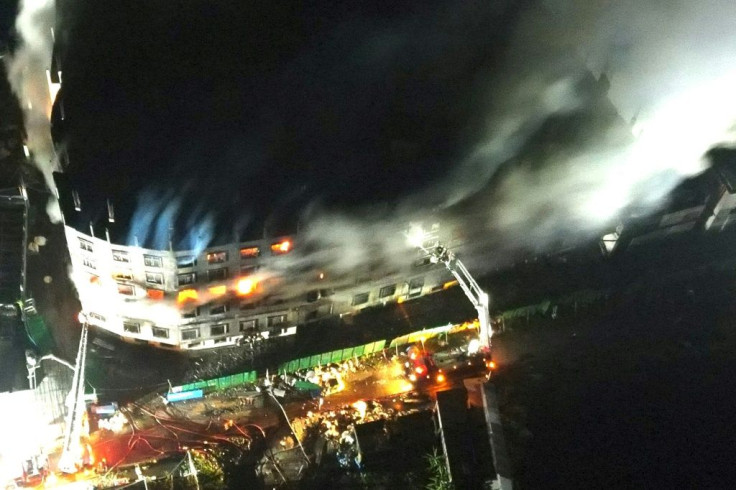
The inferno was the latest to tarnish Bangladesh's safety record, which has been marred by a series of disasters in factories and apartment buildings.
The country pledged reforms after the Rana Plaza disaster in 2013 when a nine-storey complex collapsed killing more than 1,100 people.
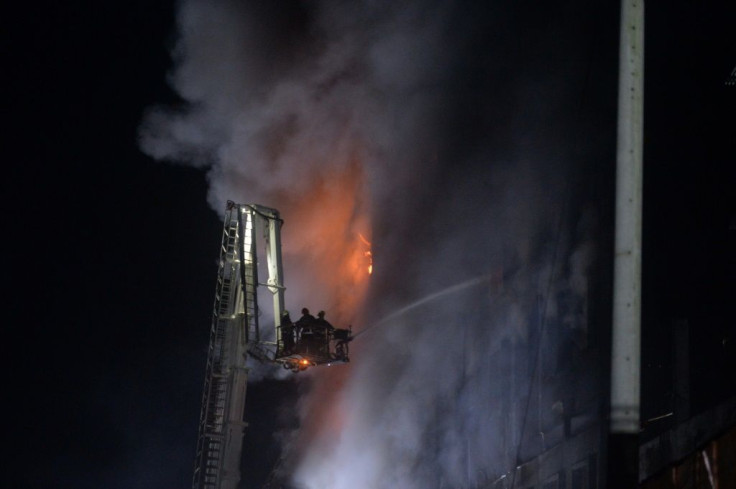
But in February 2019 at least 70 people died when an inferno ripped through Dhaka apartments where chemicals were illegally stored.
Critics said lax safety standards have been exposed again by the new disaster at the Hashem Food and Beverage factory in Rupganj, an industrial town outside Dhaka.
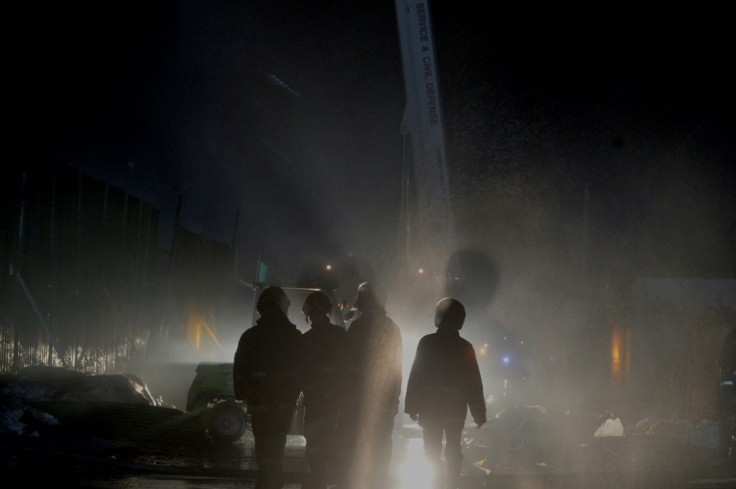
Highly flammable chemicals and plastics had been stockpiled inside and enabled the fire to quickly take over the building, according to Dhaka fire chief Dinu Moni Sharma Sharma.
The blaze started on Thursday afternoon and was still not controlled 24 hours later.
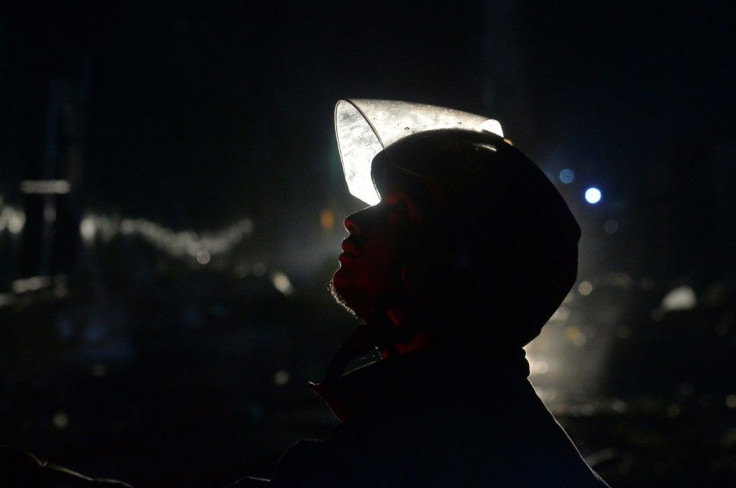
Normally there are more than 1,000 workers in the building but many had left for the day when the fire started.
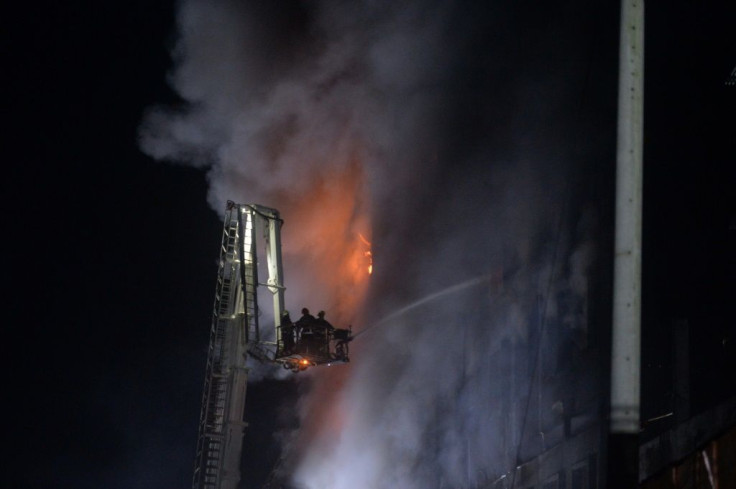
The overnight toll of three dead rose dramatically as firefighters reached the third floor and found 49 more bodies.
"The workers could not go to the rooftop because the exit door to the staircase was padlocked. They could not go down because the lower floors were already engulfed by fire," said fire service spokesman Debashish Bardhan.
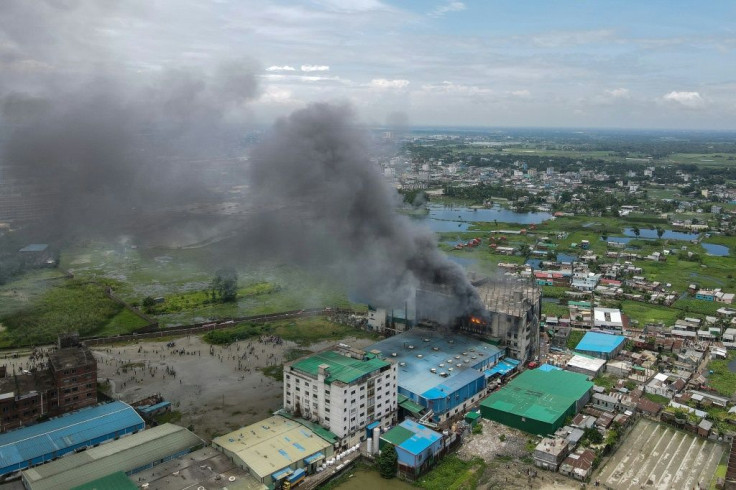
The victims were taken away in ambulances amid anguished shouts and tears from people watching in the streets.
Hundreds of relatives of the dead took over a nearby highway to protest at the slow pace of the rescue.
"They threw rocks and stones at police. And police fired tear gas to disperse them," district government administrator Mustain Billah told AFP.
Firefighters using ropes rescued 25 people from the roof of the factory, which made noodles, fruit juices and candy.
"On the third floor, gates on both stairwells were closed. Other colleagues are saying there were 48 people inside. I don't know what happened to them," said Mohammad Saiful, a factory worker who escaped.
Mamun, another worker, said he and 13 others ran to the roof after the fire broke out on the ground floor and black smoke quickly choked the whole factory.
He told how they had been brought down on ropes attached to a crane.
Other workers said there had been smaller fires in the building in recent years and that the factory had only two staircases for people to escape.
Union leaders blamed poor government safety enforcement for the new disaster.
Kalpon Alter, executive director of the Bangladesh Center for Worker Safety rights group, called the fire "yet another ugly tragedy which frequently visits our manufacturing sector".
"The government has not made any improvement in workplace safety in thousands of factories, resulting in the avoidable deaths of many workers."
As clouds of black smoke billowed from the building, many of the waiting relatives said they feared the worst.
Nazrul Islam said: "We came here because my niece was not answering our phone calls for a while. And now the phone is not ringing at all. We are worried."
© Copyright AFP 2024. All rights reserved.





















